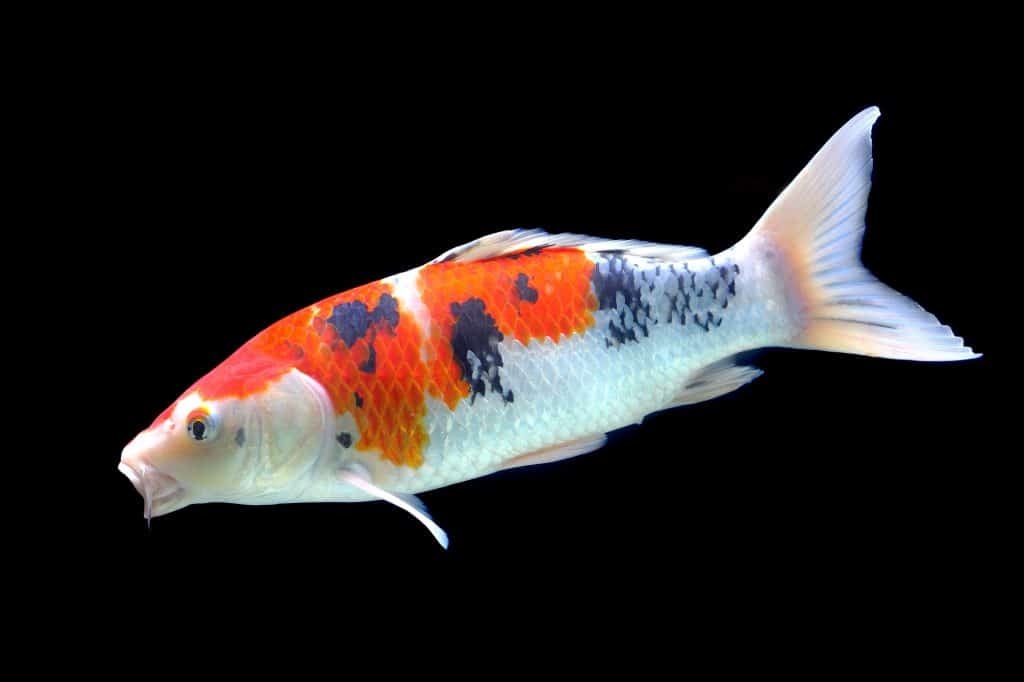The World Intellectual Property Organization (WIPO), short for World Intellectual Property Organization, is a specialized agency of the United Nations (UN) established in 1967. WIPO aims to promote and protect intellectual property (IP) rights worldwide. Here is some important information about WIPO:
History and Purpose: WIPO was established as an organization that aims to formulate and coordinate regulations and policies related to intellectual property. Its aim is to facilitate the protection of copyrights, patents, trademarks, industrial designs, and various other types of intellectual property rights.
Membership: WIPO currently has over 190 member countries, making it one of the most diversified United Nations organizations in terms of membership. Member countries collaborate to create international standards that ease cross-border trade and the protection of intellectual property rights.
Services and Programs: World Intellectual Property Organization provides a wide range of services, including international regulatory development, training, research, and legal assistance in intellectual property matters. The organization also manages the international patent system, which allows applicants to apply for patents in multiple countries with a single application.
Intellectual Property Protection: WIPO plays a vital role in promoting understanding and awareness about the importance of intellectual property protection. They also assist member states in developing effective legal systems to protect these rights.
WIPO is the main motor behind the development and harmonization of intellectual property laws across the globe. The organization plays a key role in facilitating innovation, trade, and global economic development by providing a strong framework for the protection of intellectual property rights.



May luck that brings a smile even in the smallest moments always find its way to you.
소액결제현금화
Learn about Health Meds EU, a licensed and regulated online pharmacy in Europe. We are committed to providing safe, affordable, and discreet access to genuine medications across the EU
https://healthmedseu.com
rijbewijs b kopen, vals rijbewijs kopen, rijbewijs b kopen in belgie, rijbewijs kopen prijs, rijbewijs kopen legaal, rijbewijs kopen 247 ervaringen, rijbewijs kopen online, rijbewijs kopen belgie, nep rijbewijs,
rijbewijs kopen, motorrijbewijs kopen, kan je een rijbewijs kopen, koop een rijbewijs, motor rijbewijs kopen, rijbewijs kopen betrouwbaar, neppe rijbewijs kopen, auto zonder rijbewijs kopen belgie, rijbewijs koop, rijbewijs kopen nederland, auto zonder rijbewijs kopen, rijbewijs kopen belgië, rijbewijs kopen belgie, rijbewijs kopen in nederland, rijbewijs b belgie, rijbewijs kopen met registratie.
https://eenrijbewijsbestellen.com
führerschein kaufen legal, führerschein kaufen ohne vorkasse, registrierten führerschein kaufen erfahrungen, führerschein kaufen erfahrungen, führerschein kaufen ohne prüfung Köln, führerschein kaufen österreich, führerschein kaufen ohne prüfung österreich, führerschein kaufen ohne prüfung österreich, führerschein kaufen in österreich, führerschein kaufen Frankfurt, führerschein kaufen schweiz.
https://fhrerscheinbestellen.com
conduire légalement, achetez un permis de conduire sans caution, achetez un permis de conduire enregistré avec expérience, achetez un permis de conduire avec expérience, achetez un permis de conduire sans examen à Cologne, achetez un permis de conduire en Autriche, achetez un permis de conduire sans examen en Autriche, acheter un permis de conduire sans examen en Autriche, acheter un permis de conduire en Autriche, acheter un permis de conduire Francfort, acheter un permis de conduire Suisse.
https://achatpermisdeconduire.com